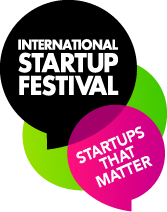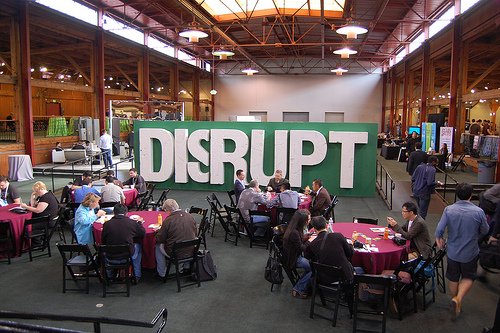
![]() Some rights reserved by quapan
Some rights reserved by quapan
I was reading an excerpt from Noah Wasserman’s The Founder’s Dilemmas: Anticipating and Avoiding the Pitfalls That Can Sink a Startup (Kauffman Foundation Series on Innovation and Entrepreneurship) about Founder Dilemmas: Equity Splits and it struck home. Equity splits and distribution are often the key issues related to power imbalances, perceived injustice and tension amongst cofounders.
In Noam’s dataset, 73% of founding teams split equity within a month of founding, a striking number given the big uncertainties early in the life of any startup. The majority of those teams set the equity in stone by failing to allow for future adjustments to equity stakes if there are major changes within the team or the startup…
Setting the early equity split in stone is one of the biggest mistakes founders can make. With their confidence in their startup and themselves, their passion for their work and their mission, and their desire not to harm the fragile dynamic within the nascent founding team, cofounders tend to plan for the best that can happen. They assume that their early, high levels of commitment will last long into the future, rather than waning as the challenges of founding begin to sap their passion for the idea and for each other. They assume that no adverse events will change the composition of the team.They also tend to take a very short-term view of the factors that should affect equity splits.
Sometimes it just doesn’t work out, and a founder will choose to leave the company or have the choice made for them. The question is how do you create a set of agreements that is fair to all of the cofounders. Often we think that standard employment and shareholder agreements cover much of the difficult situations that we can encounter with cofounders. But as cofounders it starts by really understand what you each are looking for, and then making sure your agreements cover the specifics of your situation.
10 Critical Cofounder Questions
- How should we divide the shares?
- How will decisions get made?
- What happens if one of us leaves the company?
- Can any of us be fired? By whom? For what reasons?
- What are our personal goals for the startup?
- Will this be the primary activity for each of us?
- What part of our plan are we unwilling to change?
- What contractual terms will each of us sign with the company?
- Will any of us be investing cash in the company? If so, how will this be treated?
- What will we pay ourselves? Who gets to change this in the future?
A couple of things. I think all founders stock should vest. I like it when founders purchase their initial shares with a one-time acceleration clause for a small percentage at purchase (3-5%). I like when founders’ stock reverse vests with a traditional one year cliff. The initial vesting acceleration is because things can change at 6 months and it seems fair to value the capital risk that each founder has taken at purchase. And the one year cliff because it is standard. What I’ve seen a lot is founders that don’t do the small initial accelerated vesting clause.
The other thing I like to see is an Employment Agreement with Termination clauses, in particular, an acceleration on vesting regarding “Termination by the Corporation without Cause”. I like to see a single trigger acceleration with 6-12 months of stock vesting on termination without cause (I’m not alone). The goal is to be fair and to protect each cofounder and the corporation if things don’t workout.
What tips do others have for equity splits? acceleration clauses? terms? That as cofounders we should put in our agreements.
Other Resources
- Important Questions Startup Cofounders should Ask Each Other
- Equity Compensation Terms
- Why Your Startup’s Founder Stock should Vest Over Time
- Startup Stock Options: Vesting Schedules & Acceleration
- Startup Equity for Employees
- What Entrepreneurs need to know about Founders’ Stock
- Issuing Founders’ Stock: Purchasing Price







